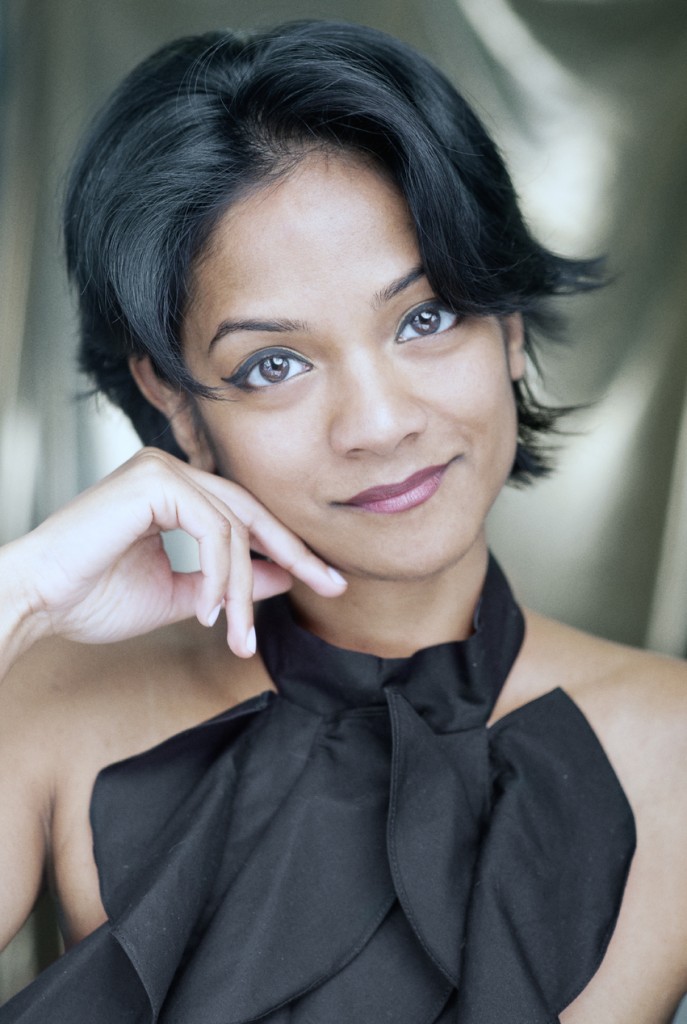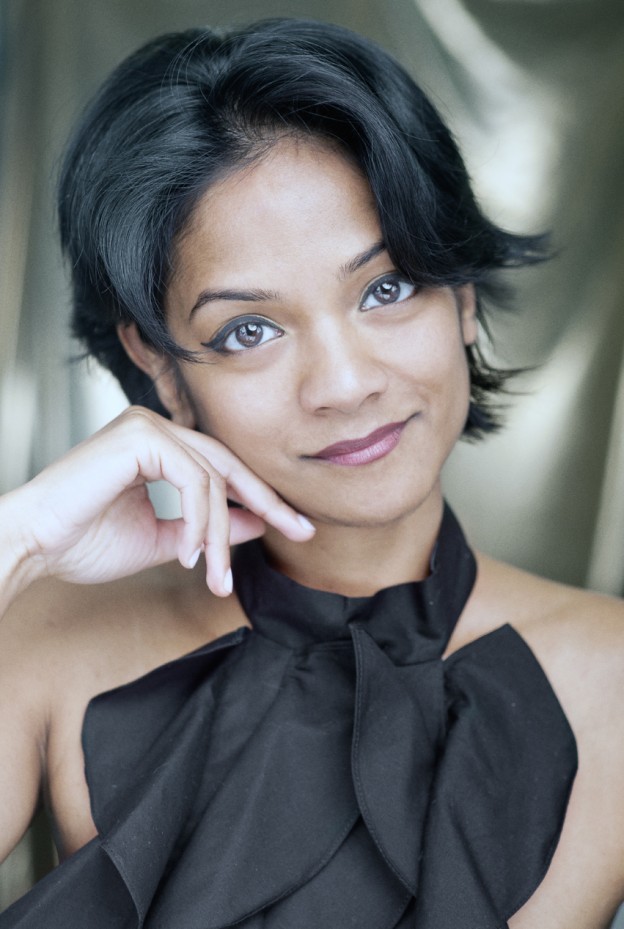I spend a lot of time in the sex-positive community trying to connect with new people. Somewhere along the way, I found myself clicking through the gooey rhetoric of tantric sex. Like, “It’s the art of disappearing inside each other”…“It dissolves the boundaries between two people…even beyond having a body.” I came across an article by Vena Ramphal in the Huffington Post. Reading her breakdown of systems and terminologies, it struck me how oversimplified pop culture portrays tantric sex.
While I know little about the discipline, I think it’s fair to place it in the sex-positive category. But where do practicalities of safer sex come into play? I mean, it’s not common to see condoms in erotic drawings of the Kama Sutra. Do tantric sex coaches ever implement condoms when teaching “spiritual awareness”?
How do tantric professional approach issues of STIs? Of sexual health?

For Vena Ramphal, safe sex begins with emotional intelligence. Vena Ramphal (PhD) is a philosopher and teacher of erotic pleasure and romance. Her background is in yogic-tantric philosophy and the pleasure traditions of the Kama Sutra. She is also a twitter poet, offering insights into the subtleties of intimacy. We agreed to an interview and she shared her thoughts on sex positivity and safer sex.
How do you define “sex positivity” or sex positive approaches in education and counseling? How do you relate to this within your work?
For me, sex positivity is simple. It says, ‘Sexual pleasure as good not guilty.’ To be sex positive is to see physical intimacy as being good for people. This is a very different frame of reference to our dominant cultural understanding which see sexual pleasure in terms of morality.
To look at sex as a nurturing experience that engenders physical, mental and emotional wellbeing is a good basis on which to generate sex positive discourse. In my work I help people to reframe their attitudes to sex on this basis.
Does the use of condoms and other safe sex practices enter the discourse of sexual pleasure/awareness? How have you dealt with this in your work?
In my work the practicalities of safe sex – such as condoms and sexual health checks – are a base line. There are still a lot of people who don’t get regular sexual health checks – especially those in their fifties and above, so it’s really important to have this conversation.
However, I also coach people to think about safe sex more subtly – as a practice in emotional intelligence.
For example, it takes emotional intelligence to know what you want to do, and what you don’t want to do with your body; and to communicate during sex especially when your partner asks for something you don’t want to give.
Safe sex is about holding your own boundaries and respecting your partner’s boundaries – their body, their mood and their desires.
We need to integrate the idea of safe sex into discourses on sexual pleasure. The health and safety side of sex – condoms etc. – is still seen as inhibiting pleasure, so people are reluctant to talk about it. They’d rather talk about the fun stuff. Getting them to think about safe sex as an emotionally intelligent thing to do, gives them a new way of looking at the practicalities of wearing a condom.
What do you feel is an important problem in mainstream consciousness about “healthy sex” and how do you suggest to fix it?
I think the baseline problem is that in mainstream consciousness sex is still seen as forbidden fruit. This injects guilt into sexuality and however subconscious this might be, it creates a fundamentally unhealthy relationship with sex.
We need to change our cultural mythology of sex. It’s a big ask but I think we need to free sex of guilt. We’ll accomplish this by changing the way we think and feel about sex. Of course this is a multi-aspected task. Our cultural mythology is told through so many media, from language (swear words are an interesting example of how we damage our relationship with sex) to movies and sex education policy.
I think a good place to start is to develop the highest regard for your own body, irrespective of sex. This is something that we can all do for ourselves without external help. Replace critical thoughts and feelings about your body with appreciative ones. Give up saying anything disparaging about your looks. This is only a first step but its a significant one because your relationship with your body is the foundation for your sex life.
In the field of sex counseling and education, what sets you apart from common approaches and what defines your work?
I’m a philosopher of sex. To me, sex as an expression of self. The technicalities of good sex are only the first step. I think the really interesting questions are underneath the technicalities. Questions such as ‘How fully are you giving your attention to the point where flesh meets flesh?’
‘What sexual attitude do you bring to bed with you?’ ‘What effect does sex have on your emotions?’
For me, the flesh is the most immediate and complete expression of self, more than thoughts or words. When I’m educating people about the technicalities of good sex we discuss their intentions and attitudes towards sex and their partner.
Also I teach a self-centred rather than relationship-centred approach to sex. This isn’t about being selfish but about knowing what you want and what you don’t want. It’s about knowing how to read your own desire and listen to your body. On this basis you learn to hold your partner’s body and desires in the highest regard
What do you think it is about your identity that brought you into the field of sex education?
I think the human body is extraordinary. I’d say that my experience of the world is primarily kinaesthetic. I trained in classical Indian dance from the time I was seven, and loved it. My first career was as a dancer and choreographer. To me the body is precious because of its capacity to express who-I-am to who-you-are. Sex is the most intricate and intimate form of that expression.
I feel sad when I see people in poor relationship with their own sexuality. Its a missed opportunity. I’m glad to be able to help people improve their approach to erotic pleasure so they have more fulfilling sex lives.
More with Vena…
Follow Vena on twitter @VenaRamphal
For easy, practical tips on becoming sexier 28 Days to Being Sexier http://tinyurl.com/PassionTips
Vena’s blog http://venaramphal.wordpress.com/
Workshop ‘The Art of Conscious Romance‘ London, 26th May
Website http://www.venaramphal.com/
